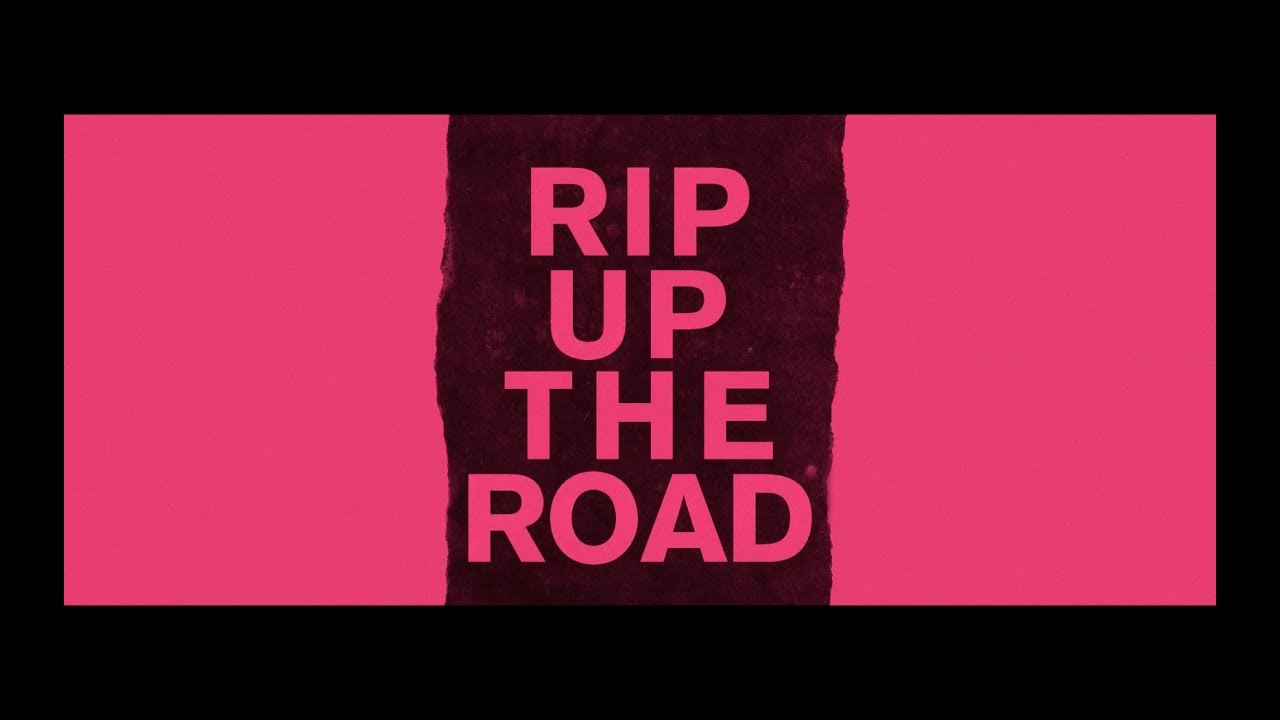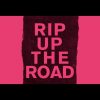“It can be the best time, it can be the worst time”. No, this isn’t a pseudo-opening of Charles Dickens’ A Tale of Two Cities, though Yannis’ brief time reading English Literature at Oxford University may have inspired some of the poetics of his lyrics and dialogue alike. This is, in fact, the Foals lead singer’s thesis for touring, which he acknowledges can offer all the glories of live performance yet also the tiring lows of travel and separation from home.
Indeed, the documentary weighs up the trials and tribulations of the band as they embark on a gargantuan world tour. Shot over over a 12 month period, and following the Everything that is not saved will be lost – part 1 tour, the documentary nonetheless aims for a further reach than just being an album tour film.
Instead, it also looks at what it means to be a rock band in the 21st century, faced with an ever-changing musical landscape. Taken from this perspective, Rip up The Road is a crucial process of identification for a band like Foals, whose debut album, Antidotes, was released 11 years ago. The past five years alone has seen a monumental shift in music distribution, with the rise of streaming services, death of iTunes and the wavering presence of indie rock just being a few areas of discussion that feature throughout the doc.
The journey begins with Yannis and co. playing to a packed out Alexandra Palace, though this is just one of several live performances that are embedded throughout the documentary. Whilst these tend to be located in far-flung destinations, including Sydney and Latin America, there is also an insight into the band’s surprise set from Glastonbury this year.
The brilliance of these British performances, particularly, is that they capture the band’s cultural prominence across the UK rock scene over their career. It charts the aggression and passion of their act whilst submerging these songs within a wider sphere of British festival culture, with no mud or beer spared.
Aside from the film’s collective portrayal of the band, it also takes some to inspect the individual roles of the members, often outside the fixed context of the tour itself. Like Yannis, Foals’ keyboardist, Edwin Congreave, dropped out of Oxford University to solely dedicate his time to the band.
Much to the admiration of Yannis, it’s revealed that Edwin has been continuing a degree in maths for the past few years and therefore during periods of touring. Its an odd sidestep from the boozing party that the rest of the members appears embarked on, but this discussion hints at the gradual digressions that occur throughout a band’s career.
Foals are over a decade into their career and time is shown to be the most dangerous emblem of the band’s legacy throughout the documentary. When touring in Japan, Edwin recollects how much greater the hype was for British bands “with a record contract” back on their antidote tour, a sign that music is no different to any fashion and risks falling out of trends as time moves on.
The general struggle for stable ground in the music industry is clear even to an experienced band like Foals, yet this threat is what also keeps the documentary afloat amidst all the cigarette-smoking and champagne-popping banality of your everyday tour film.
The melancholic tones that resonate in the band’s isolated interviews speak to this gradual feeling of retirement or separation, as they question what is, in fact, the point of being a band in the 21st century. Its a bleak outlook at times, portrayed in an often ham-fisted manner, but the documentary is an admirable portrait of an ageing rock band that is sure to appeal to die-hard fans and interested audiences alike.
Listen to Foals on Spotify and Apple Music. Get our latest print edition HERE.



